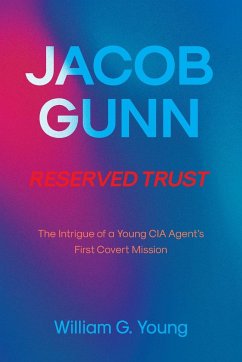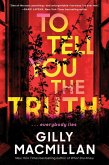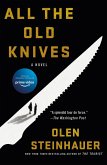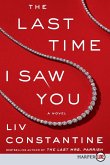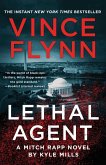Some people described Jacob Gunn as being born with a chip on his shoulder. Throughout most of his childhood and all of his adult activities, Jacob held a disdain for the word "trust." His life experiences caused him to believe trust was illusive or imaginary. He believes there are no half-truths or comparative truths, and truth is too often based on uneducated faith on words instead of actions. This story follows his perception and application of trust. His youthful brilliance, defiance, and unfilled need to be respected had driven him to develop strength and skills that the Navy and the CIA would later deem fitting for assignments in Naval Intelligence and as a covert agent. Jacob excelled in the mental and physical endeavors during his schooling, duties as a Navy officer, and his assigned CIA work. He was headstrong and dedicated to completing his agency's potentially dangerous assignments. He was thrust into a world of intrigue and suspense. He was given leadership positions for which he had not been completely prepared. He discovered that most everything he saw or heard needed verification or proof before it could be considered real and trustworthy. "To survive, I must not trust anyone. I'll believe it when I see it." He discovered that the promise of survival from those he thought he should be able to trust was not certain some wanted him to fail. He operated on the principle of "Verify, then Trust," not the other way around. He began to question if the CIA could be trusted. He used his heightened senses and self-interest to guide him when under pressure and without clear direction. Yet would trust in himself and his self-interest lead him to success or potential destruction? During the process of gaining experience, he began to learn about some of his strengths and weaknesses and finally began to recognize an intervening force of protection.
Hinweis: Dieser Artikel kann nur an eine deutsche Lieferadresse ausgeliefert werden.
Hinweis: Dieser Artikel kann nur an eine deutsche Lieferadresse ausgeliefert werden.

